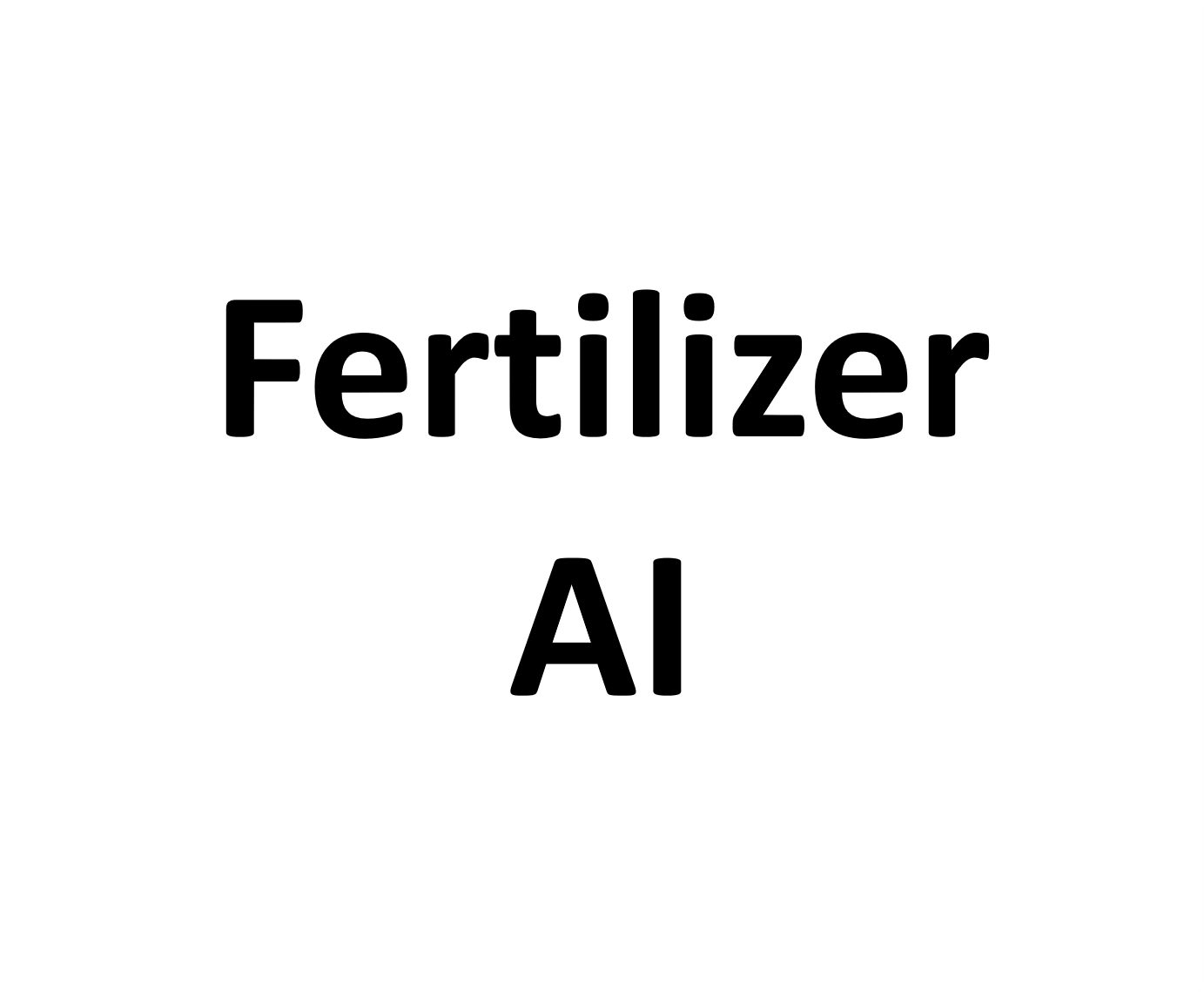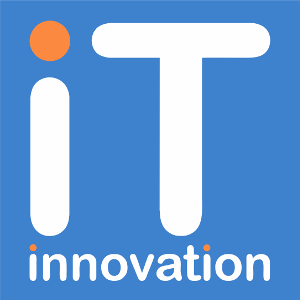Fertilizer AI

Fertiliser Use Efficiency With AI
Environment Artificial IntelligenceProject Vision
One of the biggest challenges facing the agricultural industry is achieving high yields with the use of fertilisers while simultaneously minimising the environmental side effects of the fertiliser application and production. In this highly weather-reliant industry, developing weather-dependent fertilisation strategies will help maintain crop production and reduce the greenhouse gas (GHG) emissions in the face of climate change. This is particularly important for phosphorus and nitrogen (P&N) fertilisers, which have a high environmental footprint for production and pollution (P&N), and direct GHG emission during use (N). One approach to achieving this goal is by harnessing new computational technologies within a precision agriculture framework.
We aim to develop AI and machine learning tools for time optimised fertilisation applications. Currently, the new models based on the state of the art ERC CoG work are research tools that have produced new scientific knowledge about processes influencing plant P&N uptake. We now want to integrate these models with historical weather data (e.g. rainfall, temperature, etc.) and climate prediction models to assess the general trends and impacts that climate change would have on fertiliser use practices. We also plan to demonstrate that these models can be integrated with artificial intelligence approaches to develop decision support tools for agriculture, which can help determine optimal fertilisation times based on short term weather forecasts.
Project Objectives
Fertilizer AI aims to demonstrate that the prediction of optimal fertilisation timings and amounts using a short-term forecast is feasible and can improve upon current fertilisation strategies in a changing climate. This requires a postdoctoral researcher, experienced in mathematical modelling techniques, guided by agronomic and AI expertise. Our specific study objectives are:
- Demonstrate consistent predictions of best/optimal fertilisation times in the wetter climate using only a short-term weather forecast;
- Demonstrate consistent AI prediction of best/optimal fertilisation times in the drought prone climate using a short-term weather forecast. This will require parametrising and validating the ERC model for these conditions;
- Demonstrate the power of the AI for both, 1) and 2), within global data sets by splitting the historical data into testing and validation subsets.
- Establish the first publicly available tool for agronomists and farmers to trial before moving to larger project by including feedback on the tools accuracy from farmers using the prototype, more regions, crops, and soil conditions.
IT Innovation's Role

IT Innovation provides expertise in integrated data management and artificial intelligence to define the AI architecture for integration with the ERC model and large scale datasets.
Project Fact Sheet
The Fertilizer AI project is a 18 month project funded by the European Union's European Research Council.
Coordinator: University of Southampton
Website: TO BE PUBLISHED
More information: TO BE PUBLISHED
 This project has received funding from the European Union's European Research Council Proof of Concept Lump Sum Grant.
This project has received funding from the European Union's European Research Council Proof of Concept Lump Sum Grant.